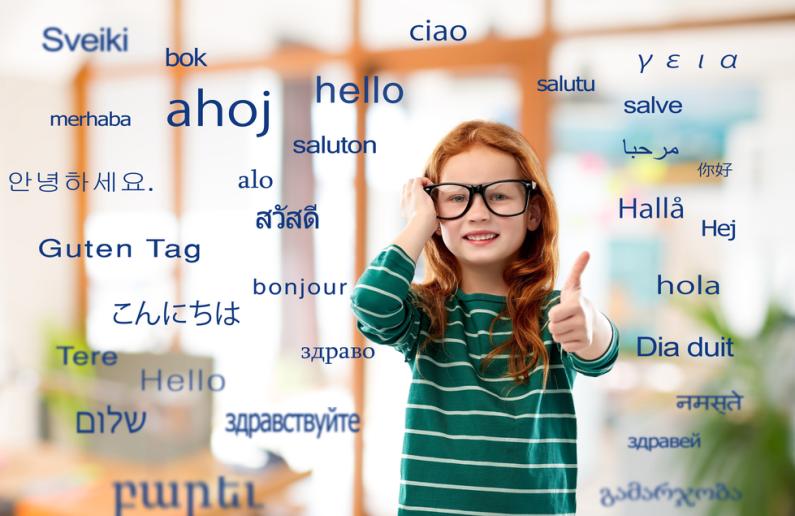
The terms "multilingualism" and "plurilingualism" are often used as synonyms, both in writing and in speaking. However, their meanings are very different.
What is plurilingualism?
The term "plurilingualism" comes from the Latin "pluri-" and "-lingue", which literally means "several languages".
Plurilingualism is the term used to define a person who is able to communicate in several languages (usually three or more). For example, a French person who speaks in their mother tongue, and who is also able to speak in English, Italian and Spanish, is plurilingual.
You do not have to be fluent in languages to be called plurilingual, but you should be able to show sufficient linguistic skill to communicate with different interlocutors.
We use the term "bilingualism" when someone is fluent in two languages and "trilingualism" when they are fluent in three languages. If they are fluent in more than three languages, they are said to be plurilingual or polyglot.
If, on the other hand, an individual speaks only one language, the term 'monolingualism' or 'unilingualism' is used.
What is multilingualism?
Multilingualism is often used to describe the coexistence of several languages within the same social group or territory.
For example, Canada is a multilingual country because both French and English are spoken there, as is Belgium, because French, German and Dutch are all used. Similarly, a company that works in several languages or a school where courses are taught in different languages is multilingual. In addition, if a television channel broadcasts content in several languages, it can be described as multilingual.
When to use the words multilingual and plurilingual?
In short, therefore, the term multilingual is used to describe a country, place or institution that uses several languages and the term plurilingual is used to describe an individual who speaks several languages.
In everyday life, confusion between these two terms is common. However, from a linguistic point of view, it is important to make this distinction, and this has been highlighted by the Language Policy Division of the Council of Europe.
FAQ on multilingualism and plurilingualism
What does it mean to be plurilingual?
A person is plurilingual if they speak more than one language, usually three or more. If they speak two languages, they are bilingual, and if they speak three, they are trilingual.
What does it mean to be multilingual?
Any country, territory or social group that uses several different languages will be called multilingual.
Which countries are multilingual?
Multilingual countries include Belgium, Canada, Switzerland, Luxembourg, India, South Africa, etc.
Add new comment